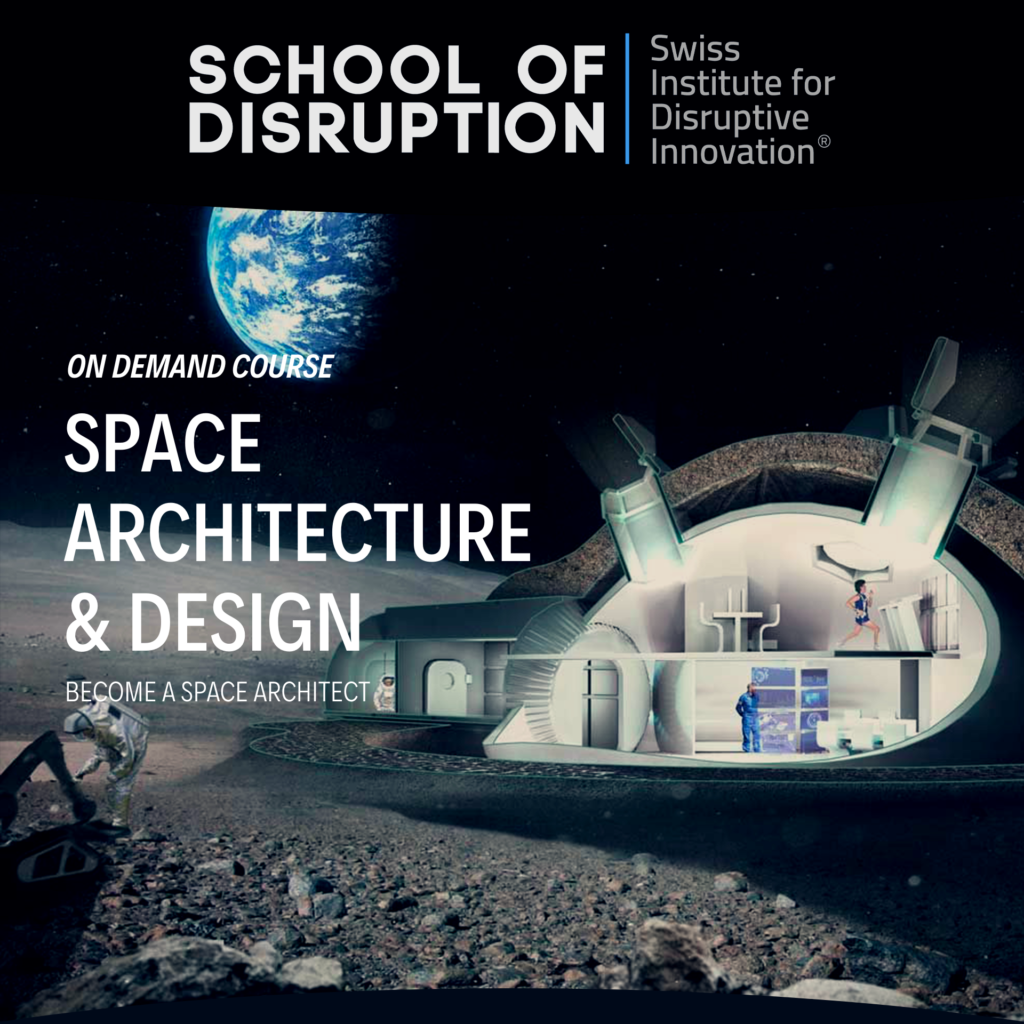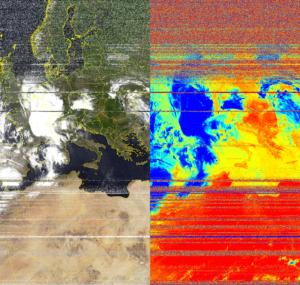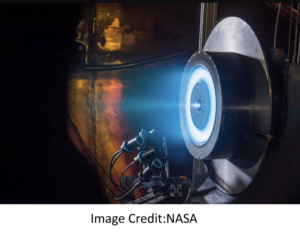
Event Details:
PoliSpace is proud to invite you to the first plenary session of its history, to be held online on Sat June, 19th from 4 to 5:30 pm. You can find the programme below.
Even if during the plenary there will be a section for interacting with the Executive Members, an aperitivo (in person) will follow (approx. at 6:30 pm) to get to know each other better.
For covid and logistic reasons, we will need you to book a seat for the aperitivo. The deadline for booking is on Monday June, 7th at noon (12 am).
Plenary programme:
- 4:00 pm – Introduction to PoliSpace
- 4:20 pm – ICE CREAM mission
- 4:30 pm – CubeSat mission
- 4:40 pm – Future Development
- 4:50 pm – Balance approval
- 5:00 pm – Activity “Meet the Executives”
- 5:30 pm – Conclusions
Aperitivo Registration:
Fill this form to book a seat for the aperitivo:






